
Key Highlights
- The “3-month rule” means you should check and change your diabetes medication every three months to help keep your blood glucose and glycemic control in a good place.
- A checkup every three months works because this is how long it takes for your HbA1c levels to show changes in your blood glucose.
- Good diabetes management means you should watch your HbA1c, kidney function, blood pressure, and weight.
- If you wait too long to make changes, it can cause poor health and raise your risk of cardiovascular disease.
- The rule is helpful, but not for everyone. Some people, like those starting insulin therapy, need to check and change even more often.
- It is important to talk openly with your healthcare provider. This helps you make a plan for diabetes management that fits you best.
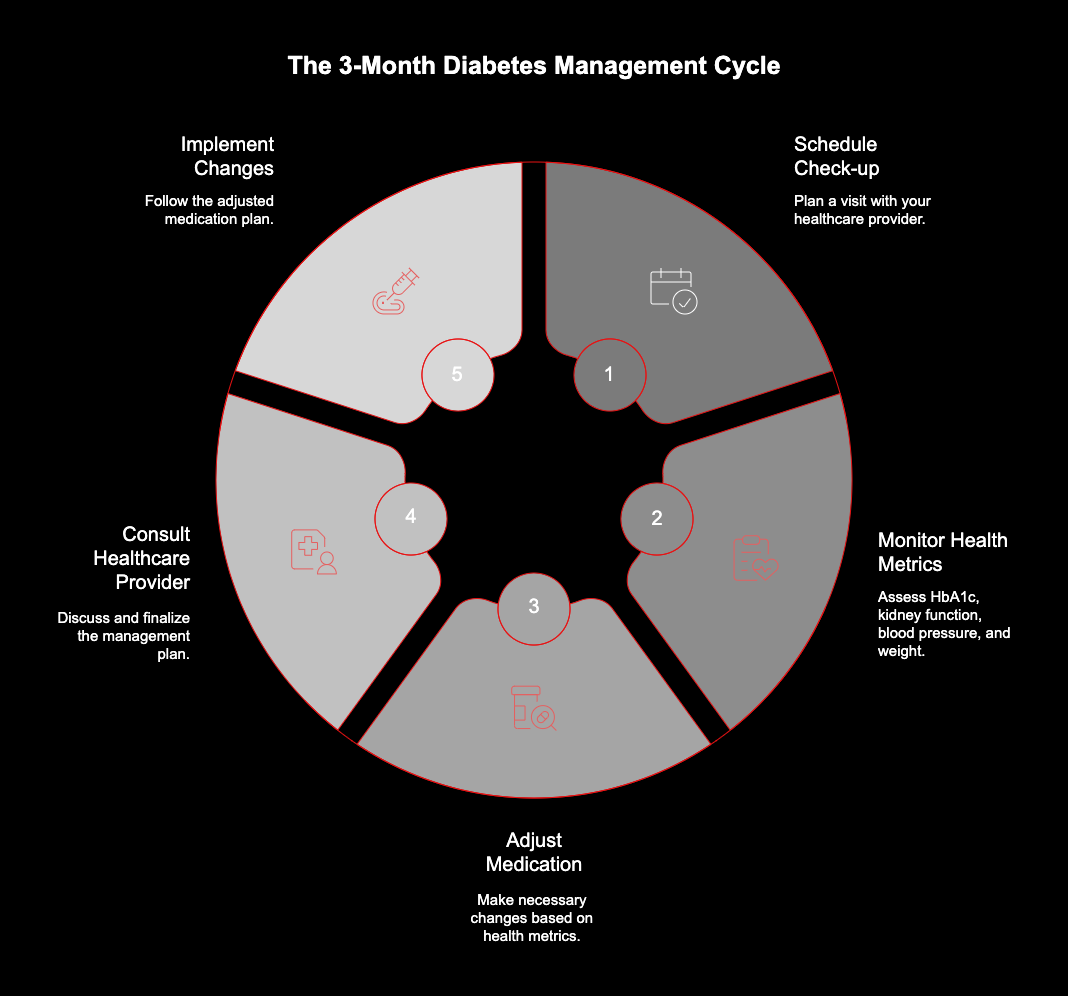
Introduction
Living with diabetes mellitus means you need to take part in your own health and care every day. A big part of this is making sure your treatment plan works well for you. A good diabetes care plan often uses medicine. These medicines may need changes as time goes by, so your blood glucose can stay at a safe level. You may hear your doctor talk about a “3-month rule” for your check-ups. This text will tell you what this rule is, why it matters, and how it is part of your full diabetes management plan.
Overview of the 3 Month Rule in Diabetes Medication Management
The 3-month rule in diabetes management means you should check your treatment plan every three months. This helps your doctor see how a change in diabetes medication is working over time. The review lets the doctor know if your long-term glycemic control is getting better or not.
Major health groups, like the American Diabetes Association, use this time frame in their advice. This helps to stop any setbacks in treatment and keeps your plan working well. The reason this rule is found in so many clinical practice settings is because it gives a clear way to help you manage things. Let’s see what this rule is about and why the diabetes association and other professionals follow it.
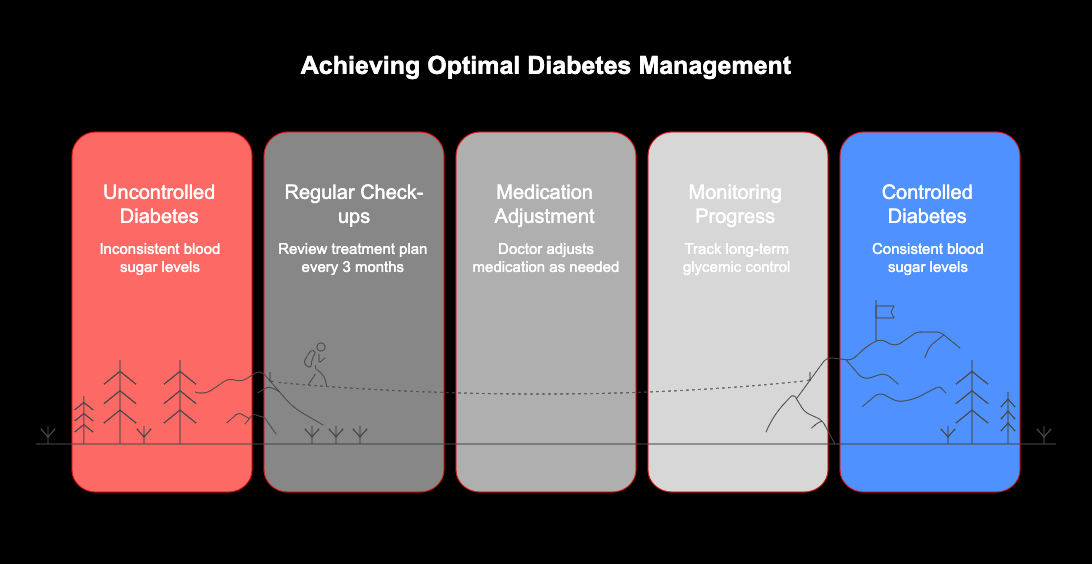
Preventing Adverse Events through Scheduled Assessments
Scheduled assessments help look at how well your treatment is working with your doctor. They do more than just that. Assessments are a key safety step. Every medicine, after all, has some possible side effects. A regular review helps you and your doctor catch these side effects early. This stops any big problems before they happen. Regular checks can help keep you safe and make sure your care is the best it can be.
Other than just low blood sugar, checking in often can help find and handle more possible issues. These visits give us a chance to:
- Watch out for weight gain that comes with some therapies.
- Check your risk for heart problems like cardiovascular events.
- Talk with your doctor about any other side effects that bother you.
- Make sure your treatment plan works well and is safe. It should feel okay for you to use.
Standard Tests Used During Three-Month Diabetes Reviews
When you go in for your three-month diabetes review, your doctor will do a few tests to see how you are doing. The tests do more than just show your blood glucose right now. They help the doctor look at your overall health in the long run. These tests may also help find any problems early.
Key checks are important for your health. A big one is the HbA1c test. This test gives your average blood sugar for the last few months. A doctor will also look at your renal function. They may check other things in your body to see how healthy you are. The next parts will talk more about why these tests matter and how they help you.
Role of HbA1c and Blood Glucose Monitoring
The HbA1c test is the main part of your three-month checkup. It gives you the most clear view of how your glycemic control has been over the past two to three months. A result under 6.5% is the usual goal to show diabetes remission. This makes it a key number when we look at how well your treatment is working.
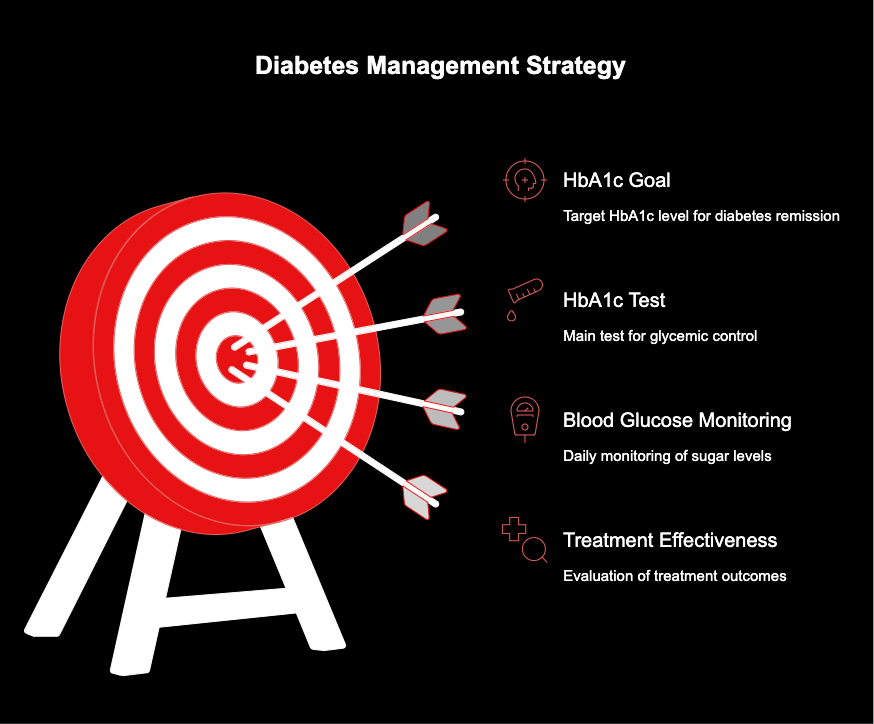
Weight, Blood Pressure, and Cardiovascular Risk Evaluations
Managing diabetes is not only about keeping your blood sugar under control. It is also important for you to take care of your heart. People who have diabetes are more likely to get cardiovascular disease. This is why, at a three-month checkup, your doctor will look at your heart health. The doctor will check your blood pressure and talk with you about your cholesterol levels.
Types of Diabetes Medications Covered by the 3 Month Rule
The 3-month rule is a helpful tip to keep in mind if you use diabetes medication. You should pay attention to it more when you first start or when you change the way you use your medicine. This can be true for both oral medications and injections. Oral Antihyperglycemic Agents are part of this as well.
The 3-month rule is used a lot for oral antihyperglycemic agents. These are often the first type of doctor-approved drugs for treating type 2 diabetes mellitus. When you start taking a medicine like metformin, your doctor will often ask you to come back after about three months. At this time, they will look at your A1c and see how you have done on the new medicine.
Insulin and Injectable Therapies
The 3-month rule is not just for pills. It is for insulin therapy and other injections like GLP-1 receptor agonists, too. However, there are some details you need to know. If you start on insulin therapy, your doctor may tell you to use a basal, or long-acting, dose first. After about three months, you will go back for a checkup. At this visit, your doctor will see how the initiation of insulin has affected your A1c level.
Elderly Adults and Those with Co-morbidities
For older adults and people who have more than one health problem, the way doctors adjust medicines can be different. The main goal changes to keeping them safe and helping them live well, instead of focusing only on tight glycemic control. Trying to treat strongly in these people can raise the risk of hypoglycemia. This can cause falls, confusion, and other serious troubles, so doctors work to balance the risk of hypoglycemia with the person’s quality of life.
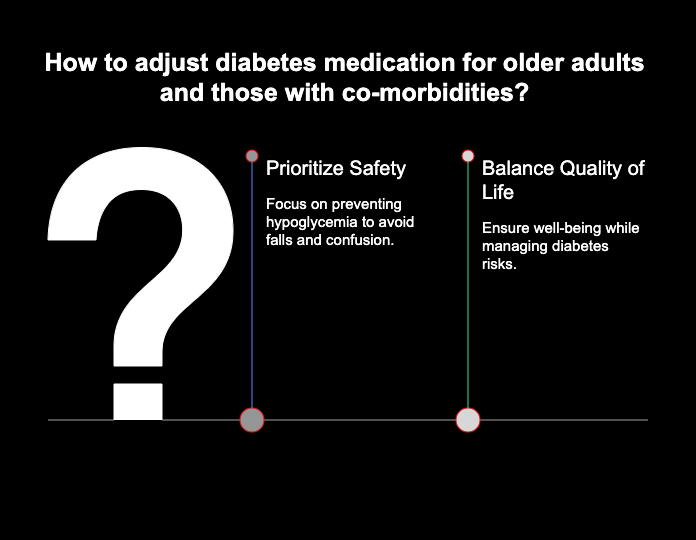
Side Effects and Medication Tolerance Issues
How you feel after taking your medicine matters as much as how it affects your blood sugar. If you notice new side effects or things that bother you, it is a real reason to talk with your doctor sooner. You do not have to wait for your next appointment or try to handle side effects on your own.
Lifestyle Changes Affecting Diabetes Control
Big lifestyle changes can really help you control diabetes. If you make the changes, you might need your medicine changed before three months go by. What you eat, how much you move, and your weight all connect to the amount of medicine you need. If any of these change, you may have to change your treatment plan too. Using lifestyle changes in your daily life makes a big difference for your health.
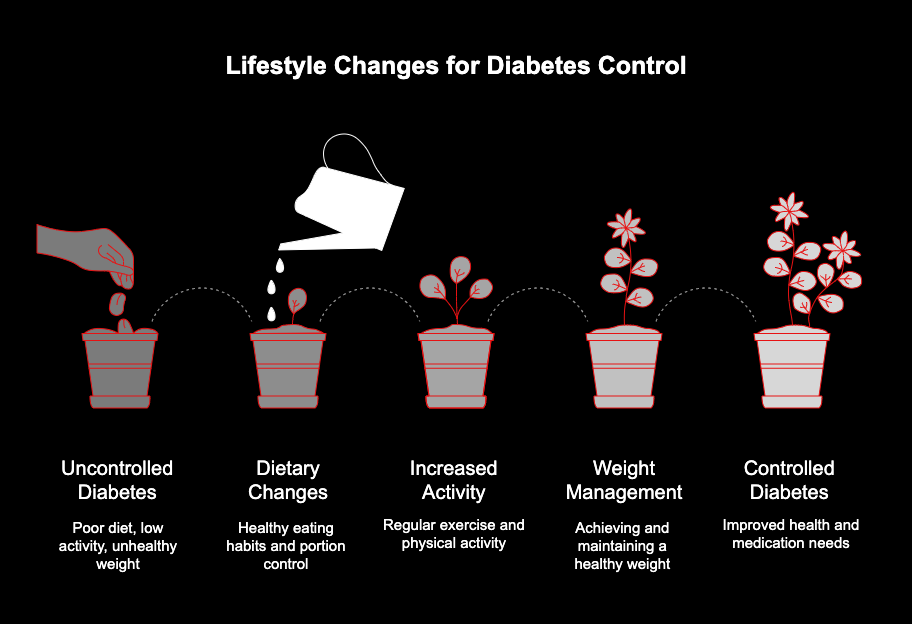
Role of Healthcare Professionals in Medication Monitoring
Your healthcare professionals work with you in diabetes management. They do much more than give you medicine or write a prescription. The team will watch how you are doing, teach you about diabetes, and help you to understand your choices. You can also talk with them about your health. They will be there to guide you so you feel confident to look after yourself.
Conclusion
To sum up, it’s important to know about the 3 Month Rule for diabetes medication changes if you want good diabetes management. Checking in often and making changes on time can help you keep your blood sugar in check. This can also help you avoid problems that happen when your treatment does not change as it should. If you keep an eye on your health and work with your doctor, you can make sure your treatment plan suits you best. Try to notice any signs that show you may need a change in your diabetes medication. Acting early can help you feel better and have a good quality of life. If you feel ready to take care of your diabetes management, book a talk with us today. We are here to help support you and your needs.
Frequently Asked Questions
Does the three-month rule help prevent hypoglycemia and other complications?
Yes, it is good to have a review every three months. These reviews give your doctor time to check your blood glucose levels and see how your glycemic control is doing. If needed, your doctor can change your diabetes medication. This can help lower your risk of hypoglycemia. Keeping your blood glucose in the right range over time may also lower your chance of having problems such as cardiovascular disease. This is a good way to keep you safe and healthy.
Are there situations when adjustment is needed before three months?
Yes, you should call your doctor sooner if you often have low blood glucose, get side effects that bother you, or make big lifestyle changes. This can include starting a new diet or a new exercise plan. When you begin insulin therapy or start the initiation of insulin, you may need more frequent changes to your dose to find what works best for you.
What information should I bring to my three-month diabetes review?
When you go for your review, bring your blood glucose log. You can bring a notebook or use data from your continuous glucose monitoring device. Also, make a list of your diabetes medication. If you have questions, bring those too. Be ready to talk about your recent glucose levels and let them know about any symptoms you feel.
What is the course of treatment for diabetes?
The course of treatment for diabetes typically includes lifestyle changes, such as a balanced diet and regular exercise, along with monitoring blood sugar levels. Medications may also be prescribed to help manage glucose levels effectively. Regular consultations with healthcare providers ensure optimal adjustments and personalized care throughout the treatment journey.


